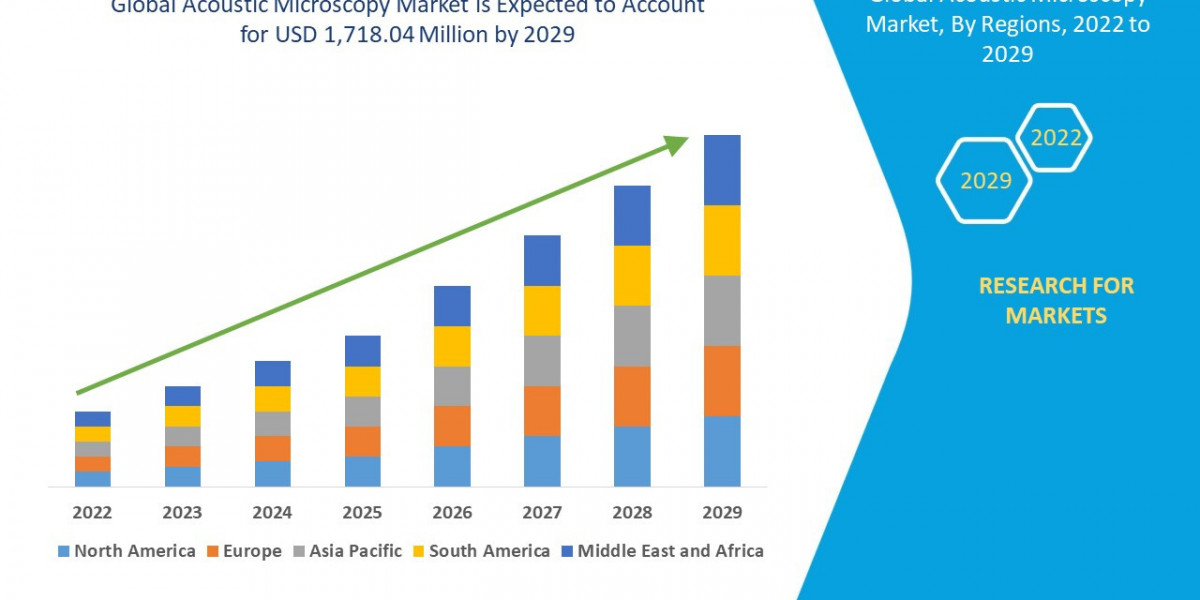Credit and debt management refers to the process of effectively managing credit and debt to ensure financial stability and avoid financial crises. It involves strategies for borrowing money, paying bills, and reducing debt, while also maintaining a good credit score.
Effective credit and debt management involves several key steps, including:
Budgeting: Creating a budget that accounts for all income and expenses is essential to managing credit and debt. This helps to identify areas where money can be saved and prioritizes debt payments.
Understanding credit: Knowing the terms of credit, such as interest rates, fees, and repayment terms, is critical in managing debt. It's important to read the fine print, compare different credit options, and make informed decisions.
Maintaining good credit: Paying bills on time, keeping credit utilization low, and avoiding unnecessary credit inquiries are all important for maintaining a good credit score. This can lead to lower interest rates and more favorable credit terms.
Managing debt: It's important to prioritize debt payments and make payments on time to avoid late fees and penalties. Strategies such as debt consolidation and refinancing can also be used to reduce interest rates and simplify debt management.
Overall, effective credit and debt management is essential for maintaining financial stability and achieving long-term financial goals.








